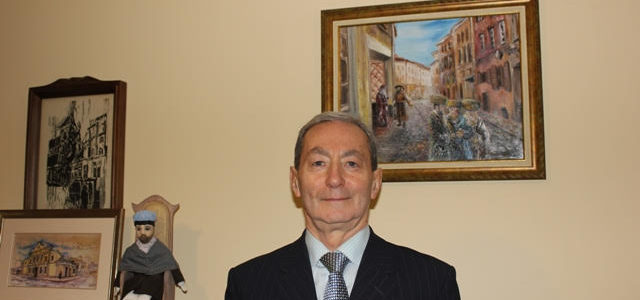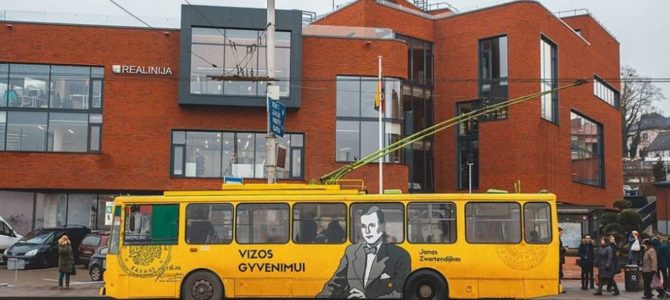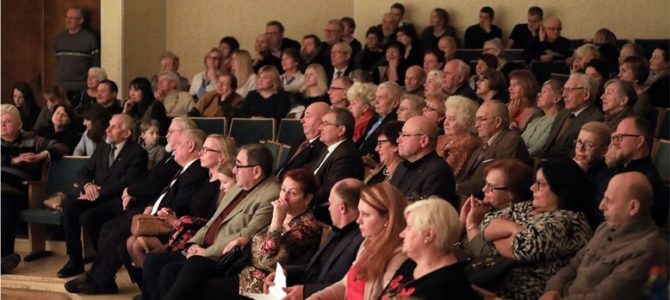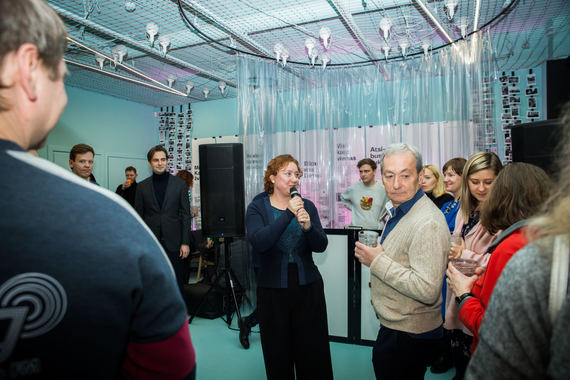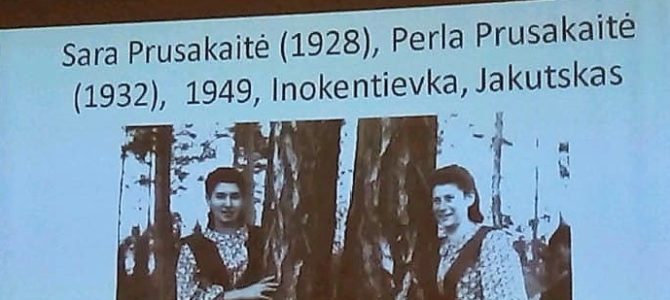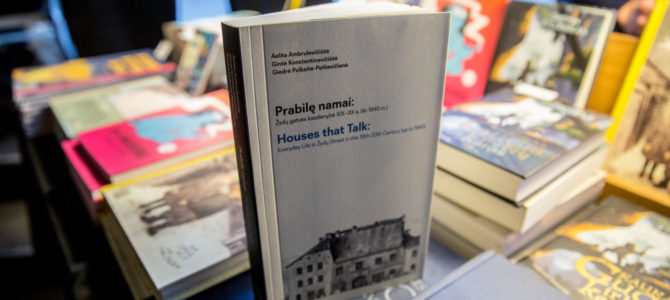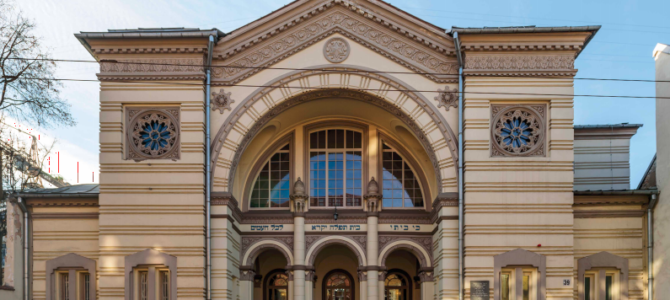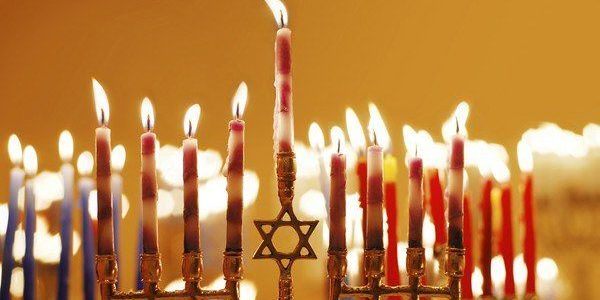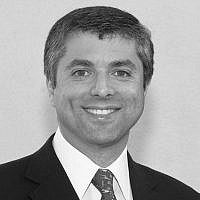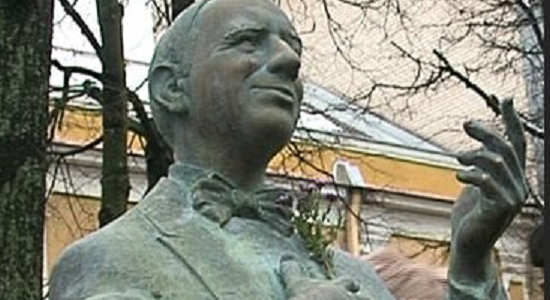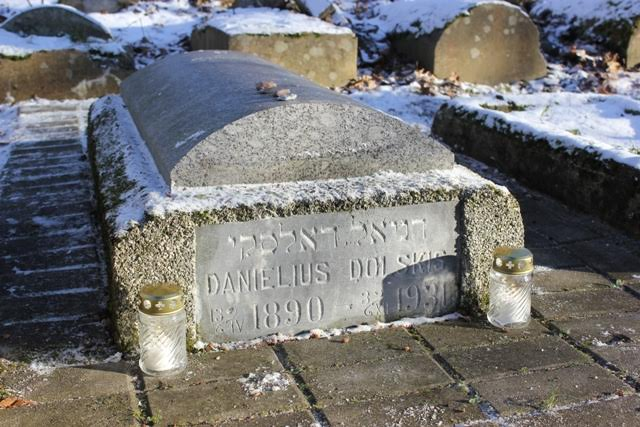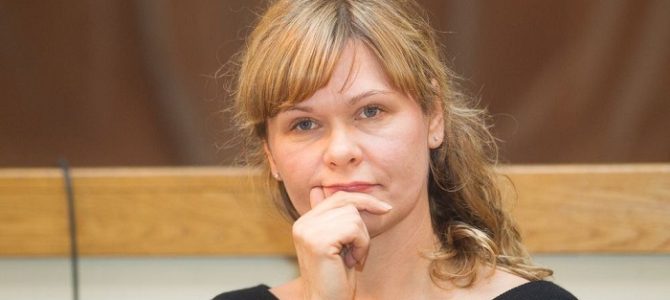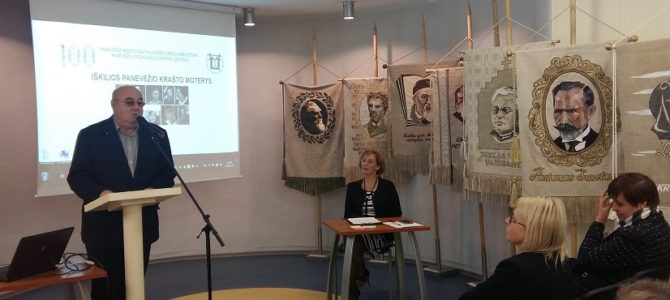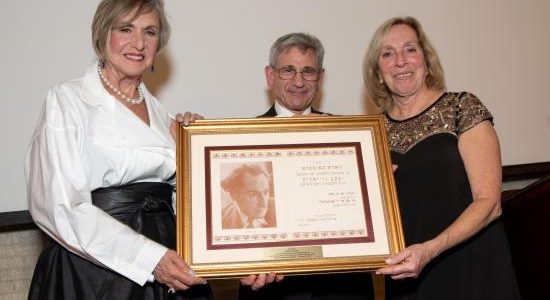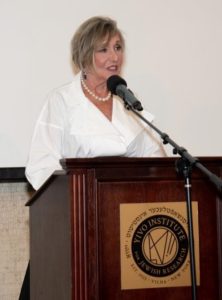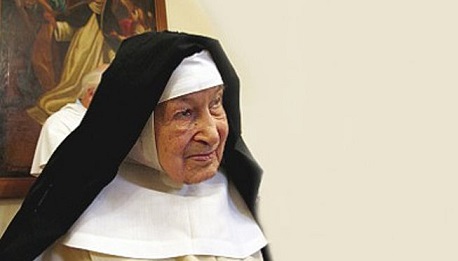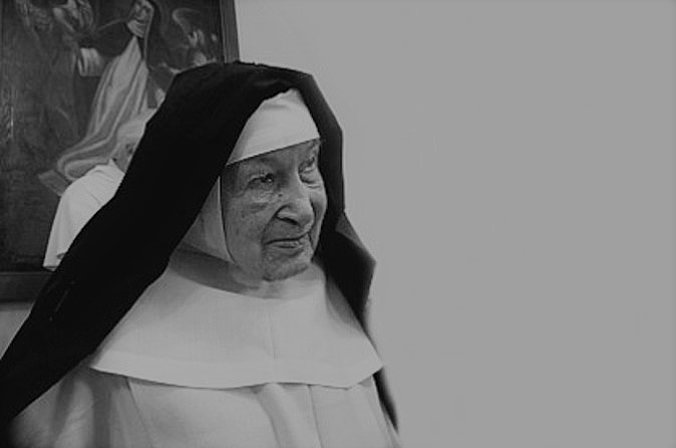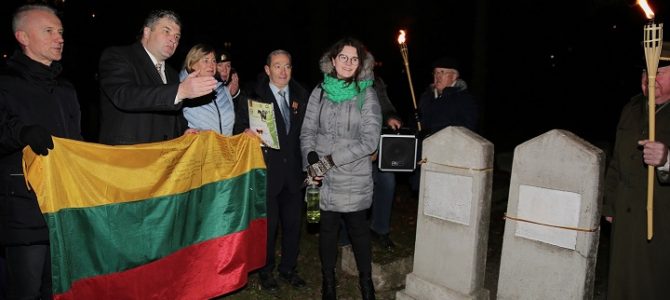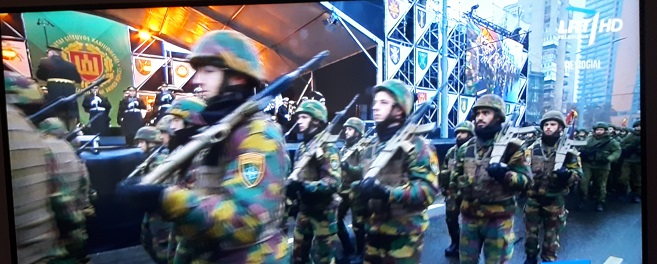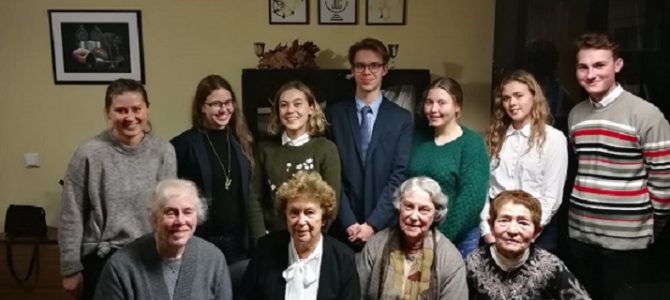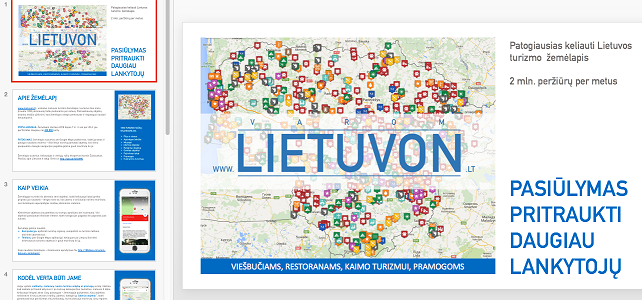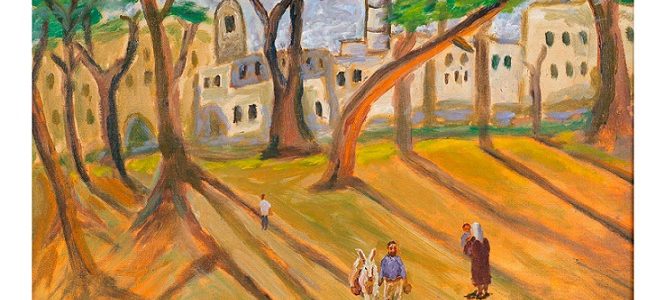Acting Panevėžys mayor Petras Luomanas welcomed speakers and audience to the conference, saying: “It is very significant that we are now for the second time holding a conference in which we remember the remarkable women of our region whose contributions to culture, education, health-care, industry and other areas of endeavor in Panevėžys and throughout Lithuania have been gigantic.” Library director Loreta Breskienė spoke her library’s activities and “Lithuania’s Greats,” an exhibit of hand-sewn flags there. The author of the exhibit is Sofija Kanaverskytė, an artist and former resident of Panevėžys who did scenography at the J. Miltinis Drama Theater there.
The main topic of Panevėžys Jewish Community chairman Gennady Kofman’s presentation was historical information about the activities of notable Jewish women of Panevėžys till 1940. He said many of the Jewish women are little-known, including sculptress Marija Dilon, the businesswomen Ana Kisina and Lėja Chazanienė, social activist and doctor Ana Merienė, Panevėžys Jewish Hospital doctors Mirijam Todesaitė-Blatienė and Zinaida Kukliansky and the dentists Vera Dembienė, Golda Izraelienė, Liuba Gurevičienė and Chasjė Feigelienė. Much more widely known was the Jewish women’s Esperanto organization in the city of Panevėžys, whose members included Ana Grinberg, daughter of Rabbi Abraham Grinberg.
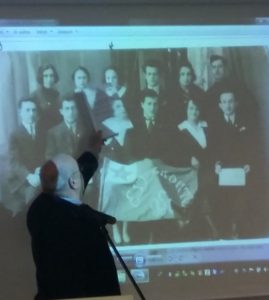
Kofman said the topic of notable Jewish women has been neglected in Panevėžys as it has throughout Lithuania. Many write about men and their contributions, while women remain on the margins. He said this conference was a very good idea and should serve to foster a more tolerant attitude towards life and history.
Conference participants included deputy director of the Panevėžys city administration for educational affairs Sandra Jakštienė, Panevėžys Regional History Museum director Arūnas Astramskis, principals and teachers of the gymnasia in Panevėžys and other professionals working in education in the city. Nine presentations were given, including by Panevėžys College library director Vilija Raubienė, Panevėžys District G. Petkevičaitė-Bitė Public Library librarian Albina Saladūnaitė, regional history expert from Šiauliai Irena Dambrauskaitė-Rudzinskienė, director of the Kalba Knyga Kūryba Communications Center Lionė Lapinskienė, museum specialist Donatas Juzėnas, Paįstrys resident and local history expert Stasė Mikeliūnienė and puppeteer Antanas Markuckis.


